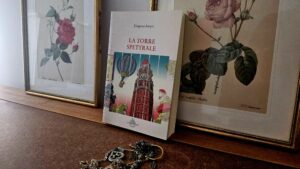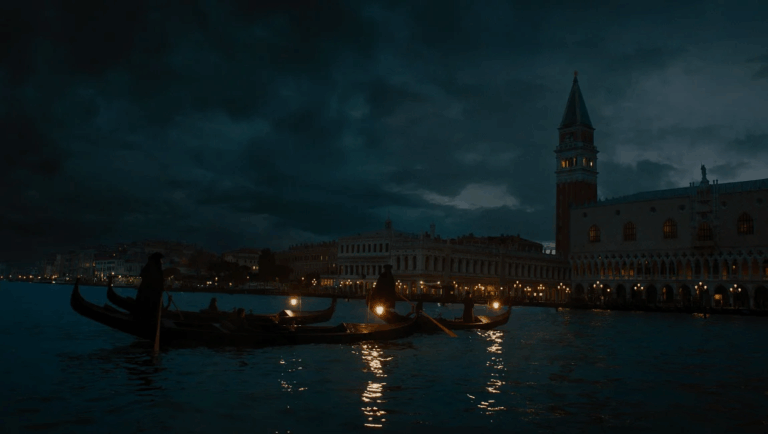Come ho annunciato a più riprese, c’era in programma di vedere questo film. Un po’ nel tentativo di uscire da un certo qual snobismo nei confronti degli anime, compresi i film di Miyazaki salvo rarissime eccezioni, un po’ sulla scia della parziale insoddisfazione per Arrietty e, in seguito, della delusione di Kiki.
Ricordavo molto vagamente la parte dei Viaggi di Gulliver dedicata a Laputa, la mitica isola volante degli scienziati, ma del resto tutto quello che ricordavo è tutto ciò che serve sapere e che comunque il film non manca di ricordare: Laputa è una mitica isola volante appartenuta ad una civiltà che un tempo dominava il mondo e che ora vaga nei cieli con nessuno al timone, custodendo ancora mirabolanti tesori e terribili segreti scientifici dopo che la sua popolazione si è estinta. Alla caccia di questo tesoro, naturalmente il governo, che ha rapito una bambina e il suo ciondolo, ricavato da una gravipietra ovvero da una pietra i cui cristalli si trovano solo su Laputa. E sulle tracce del governo, una famiglia di pirati assolutamente improponibili ma irresistibilmente adorabili. Poi certo, c’è questo fatto che i protagonisti (almeno nella pronuncia italiana di lei) si chiamano Shitta e Kazzu, il che sottrae pathos ai momenti cruciali, ma cerchiamo di mettere da parte un attimo questo problema. Il film, vedendo da Kiki, non mi rimarrà nella memoria come uno dei migliori, potendo scegliere tra Il castello errante di Howl (l’unico che ogni tanto riguardo) e La città incantata, ma comunque è godibile, principalmente per alcune improbabili caratterizzazioni. Certo, dopo aver visto gli altri film di Miyazaki e tornando indietro a vedere questo, l’insistenza sui soliti temi può risultare abbastanza stucchevole, e la poesia del robottone buono che porge fiori e alleva scoiattoli mi è abbastanza oscura (visto che comunque il “lieto fine” li fa morire tutti malissimo nello spazio). Tutto sommato però l’architettura dell’ambientazione funziona a meraviglia, con le sue fantastiche macchine volanti, le sue miniere e le sue cittadine ferroviarie sospese, e il disegno (come quello di Kiki) non dimostra affatto gli anni che ha. Sarei quasi curiosa di vedere l versione americana, in cui la piccola Sheeta è doppiata da Anna Paquin (la Rogue degli X-men, nonché protagonista di True Blood per gli emofili in sala) e la voce del suo antagonista, il colonnello Muska, è prestata da niente di meno che Mark Hamill. Ancora non siete convinti valga la pena? Beh, la mamma dei pirati è Frau Blücher (inserire nitriti di cavalli *qui*).

Mermaids in Milan
I know, I know, it’s hot.And if you’re still in Milan — maybe marooned here because of a project that just couldn’t wait or simply because life sucks or because, on the contrary, you enjoy the empty city just as I do — I’ve got







No Comments